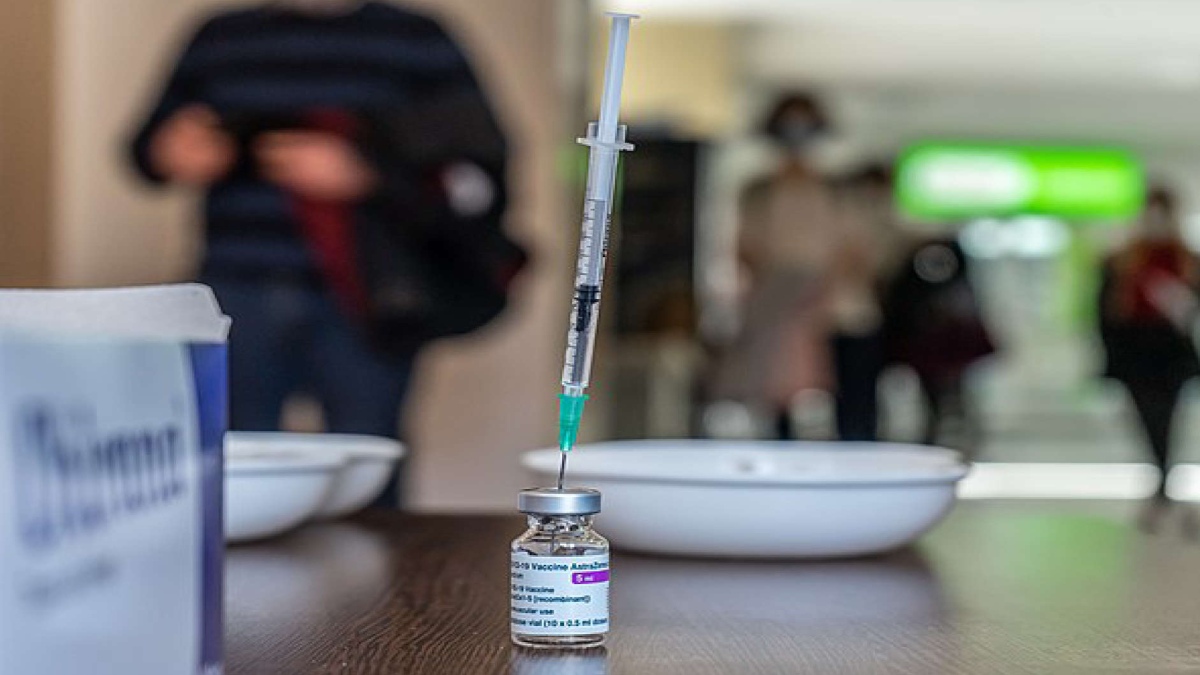


Over 20 million young individuals falling in the age bracket of 15-18 years have been inoculated by the eighth day of the grand vaccination scheme of India. By itself, the figure sounds very impressive, but given the task that over 243 million children are yet to receive their first prescribed dosage, we still have a long way to go. What makes this situation even more cumbersome is the fact that out of this target population, over 50 million are underprivileged. This includes poverty-stricken children, children with physical disabilities, psychological issues, orphans, HIV+ children, amongst others. While it is too early to assess the success or failure of the striving project, the resistance blocks are clearly visible, especially amongst destitute and marginalised communities.
Factually, fear and denial are deep-rooted in Indian society. The norms of family structure and socio-cultural factors further solidify the primordial position that the two brawny emotions possess in Indian households. The classic example of the same is when the Covid-19 vaccinations were first introduced in India. The mixed response and hesitance by which they were received, speaks volumes. At large, the destitute are not exposed to the best of medical facilities. In order to tackle this issue, ground monitoring and surveillance is extremely important. People belonging to economically backward sections have already suffered excessive losses of lives and properties earlier; hence reluctance to take the risk when it comes to their children is natural. In such situations, NGOs act as a catalyst in changing mindsets and bringing about positive change, due to the trust factor that they earn amongst their beneficiaries. They do so by working closely for their needs and requirements.
Children are precious to everyone—irrespective of their economic backgrounds. While the ‘still privileged’ households are educated enough to understand the significance of vaccine jabs, it is our moral responsibility to make the underprivileged aware of its importance too. Various NGOs are doing so by organising nukkad natak (street plays), awareness assemblies, counselling facilities and countless other channels, in order to avoid the sense of alienation.
The need of the hour is to execute a streamlined approach to make vaccination accessible for the underprivileged and to spread awareness for the same so that they get their children jabbed consensually. This can be achieved by establishing and managing vaccination camps in each mohalla, basti, chaul, and remote area.
The NGOs will surely step up to aid the needy in thick and thin with the help of changemakers—who come in the forms of donors and volunteers. Speaking of our organisation, we are constantly providing essential relief to the people in need for the past two Covid waves, under our Covid Relief Project. As the country enters into the third wave, we are all set to come to the rescue of the destitute, yet again. We are also in talks with various corporates who are interested in investing their CSR budgets into Covid relief and related facilities. We are also closely observing the impact of the vaccines on children with disabilities and orphans since it doubles the responsibility of an organisation.
Cent per cent vaccination is a collective responsibility. For any such programme to be successful, all the pillars of society including the government, corporates, media and NGOs have to come together because they complement each other’s machinery. The road ahead is to work cooperatively to achieve this common dream.
The writer is Founder and President, Wishes and Blessings.